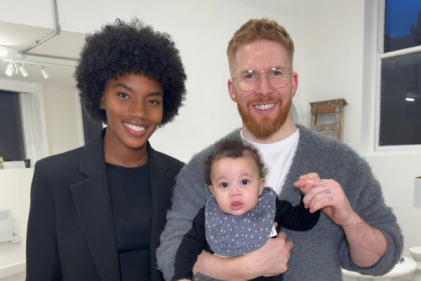Parents who have been through the “terrible twos” stage will tell you that this can be a very difficult time. Suddenly, your sweet angelic tot has turned into a demanding little fairy who loves nothing more than a good tantrum in a public place.
They love the word “no”, and defying you; don’t worry though, this period doesn’t last forever, and you will get through it.
This is a brief guide to understanding what is going on with your little one, and how you can cope when they are having a meltdown.
Does it always happen at two years old?
Nope, the “terrible twos” phase can start as early as 18 months or as late as 36 months old.
It’s a general description, so don’t expect your little one to undergo a personality change the minute they turn two years old.
Why does it occur?
The “terrible twos” is a normal phase of development as your toddler develops their own personality and sense of independence. As they grow up, toddlers try to be more independent and want to make their own choices and do things for themselves.
Toddlers undergo major motor, intellectual, social and emotional changes. They are learning to communicate their thoughts and feelings, and they’re beginning to understand that they're expected to follow certain rules.
However, most toddlers are still reliant on their parents for the majority of their needs; and they aren't able to move as swiftly as they'd like, or clearly communicate their needs and feelings. This can lead to frustration, misbehaviour and tantrums - not to mention endless arguments about breakfast, outfit choices and toys.
What can I do during a tantrum?
Toddlers know how to push your buttons, and it’s inevitable that you and your little one will have a few rows during this time.
When your child begins to get worked up, try to redirect their attention. Toddlers have notoriously short attention spans, so if you can distract them, they may forget about their tantrum. If distractions don’t work, try ignoring them. By not giving them the attention they desire, they learn that these behaviours won’t get them anywhere.
If you're in public, take your child aside without discussion or fuss, and wait until they have calmed down.
Try not to disrupt their routine, stick to regular nap and meal times, and praise your little one when they calm down or behave well. Remember; reinforcing good behaviour now sets a pattern for the future. Offer your child love and support, and accept the fact they are growing up.
How can I stay calm?
When your toddler is behaving badly or having a tantrum, it can be difficult to remain calm. We’ve all had incidences where we have raised our voices or upset our little one and regretted it immediately. If it’s safe to leave your toddler, take a few minutes and go to another room. Take a few minutes to breathe and calm down. If you can’t leave them, try going to a different part of the room.
Try and keep your tone of voice calm and polite - toddlers can pick up on signs of stress and anger.
If your child is hitting you or lashing out, tell them firmly but calmly that they are not allowed to hit you, your partner or their siblings.
Use positive self-talk. Don’t say “I’m a bad parent” or “I’m not raising them right” to yourself. Instead try saying: “I’m doing my best” and “Keep calm”.






